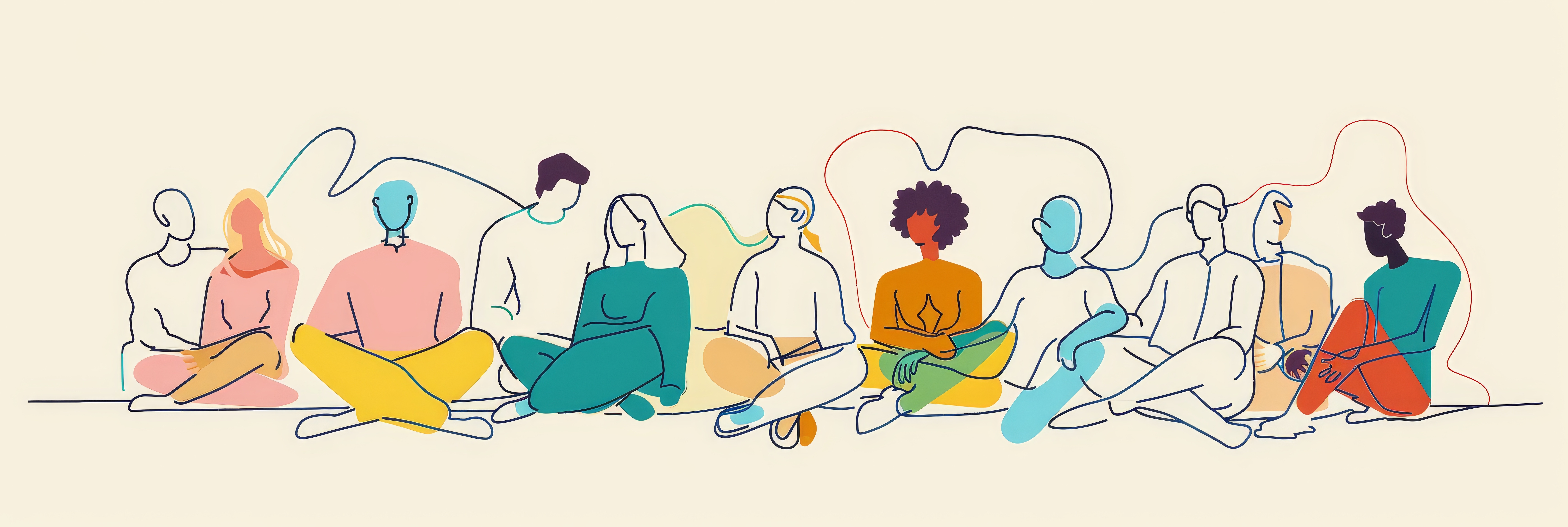Navigating depression is difficult, and even more so when you are a teenager. It is important to remember, that you and your teen are not alone. Depression is a serious mental health condition that is much more common than we might think. According to the Youth Data from the 2017 State of Mental Health in America, just over 11% of youth (ages 12-17) report suffering from at least one major depressive episode in the past year, and over 7% (1.8 million youth) experienced severe depression.
What causes depression?
There are many factors that can bring about teen depression – peer pressure, academic pressure, high expectations, and changing bodies. There is no exact cause for depression, but there are some contributing factors, such as:
- Biological: Abnormal or impaired brain chemicals called neurotransmitters can lead to a change in the nerve system causing depression.
- Hormones: Adolescent years are full of hormonal changes and the body’s balance in these changes can cause or trigger depression.
- Genetics: Studies show that depression is more common in
- Trauma: Traumatic events such as physical or emotional abuse, or the loss of a loved one can cause depression
- Negative Thinking: Teen depression has been linked to feelings of helplessness, low self-esteem, or self-critical.
- Other medical issues: Other mental health conditions such as bipolar disorder, anxiety disorder, anorexia, or bulimia can contribute to depression.
What are the symptoms of depression?
It can be hard to tell if a teen is depressed or if they are just experiencing the feelings that go along with being a teenager. The best way to know what they are feeling is to have a conversation. Help them determine if they can manage their feelings, or if they are overwhelmed. For some the persistent feeling of sadness or feeling blue is not temporary, it could be a symptom of something more serious.
According to the Mayo Clinic, some symptoms that can help you determine what is normal and what is not, such as:
|
Emotional changes |
Behavioral changes |
|
|
Can my teen have an eating disorder and depression?
Often teens suffering from an eating disorder are diagnosed with a co-occurring mood disorder such as depression. It is estimated that between 23-48% of adolescents suffering from an eating disorder also suffer from depression. It remains unclear as to which disorder comes first, but many studies show that eating disorders symptoms can lead to depression.
It is important to keep the line of communication between you and your teen open and listen to what they are feeling. Adolescents suffering from eating disorders and depression are found to have a higher rate of trying to commit suicide – 3-30% of those with anorexia, and 25-30% of those with bulimia have attempted suicide. Watch for any behaviors that indicate suicidal thoughts such as talking about being a burden, increased substance use, isolation, anxiety, or hopelessness.
How can I help my teen?
There is no exact way to prevent your teenager from suffering from depression, but there are some things you can do to help them.
- Offer unconditional support: The first step in helping your teen who is struggling with depression is to be there for them. Set aside time each day to talk with them and encourage them to express their feelings. Offer positive feedback and respond to anger with calm reassurance.
- Encourage physical activity: Regardless of the intensity, regular physical activity can help reduce depression and anxiety symptoms.
- Promote good sleep: Research shows that a lack of sleep might increase the risk of depression and depression can make it harder to sleep. Help your teen to follow a consistent routine and limit screen time before bed.
- Limit screen time: Studies have shown there to be a connection between screen time and depression, possibly due to the negative effect it has on less sleep and increased isolation. Content is also thought to play a role, as negative or violet content can trigger depression symptoms.
If you see a sign that your teen is suffering from depression, seek help to prevent symptoms from worsening. Selah House offers treatment for women ages 12 and older who are suffering from an eating disorder and co-occurring depression. Our homelike environment provides a place for healing and recovery. Our focus is to treat the underlying issues of the disorder and support long-term recovery. Our step-down approach and individualized treatment provide the best path for healing.
If you are concerned that your teen may need help in dealing with their eating disorder and depression, call us today. Our program uses evidence-based clinical interventions to help our clients process the underlying issues of their eating disorder. You may reach our admissions team at 765.819.2524 or complete our contact form. We are here to help you and your family reclaim freedom.
___________________________________________
But you, LORD, are a shield around me, my glory, the One who lifts my head high. – Psalm 3:3

 Call
Call

